|
For a couple of months when I was in fifth grade, one of the neighboring horses escaped its field. Even then, the neatly fenced landscape of small dairy farms was sliding away from cultivation. It was possible for a large hoofed mammal like a runaway horse to make itself scarce amidst the uncut brush. It set my imagination on fire. * To break the rational universe, yes, the happiest of all combinations in the English language would be the impossible pairing of "free" + "ponies." But don't be a fool, man, the space-time continuum can't bear the strain...
Lucky reader, we have NOT world enough or time. But as my skipper recently remarked, "You can take the girl away from the horses, but you can't take the horse out of the girl. We were heading down to the river to do some paddling and fishing, four of us convoying our kayaks along a remote stretch of private dirt road when, like a big blue bird of happiness finally coming home to roost, abracadabra! A pony! As someone in a dream, I fed my prize a nibble of apple and rubbed her ears. I whipped up a serviceable halter from the bow line of my sister's kayak and dropped it over the pony's head and commenced the long walk to the Would-Be Farm. My fishing companions had a variety of reactions. The retired state cop, visibly relieved at someone taking action, drove off saying he'd phone in the missing pony. My sister echoed my exclamations of "A PONY!" and took photos. My sweet spouse suggested that I didn't need to move the animal anywhere. He left the second half of the sentence, "let alone bring it home" unspoken.
Do I need mention that it began to rain? Or that, once at the Would-Be Farm, the pony ate a snack of grits, drank a bucket of water, took a vigorous roll on the newly cut grass, and trotted off in the direction of the wild back half of the Farm. The first rule of farming? Right after "If you have livestock, you'll have dead stock," is "Fences first." There is no comfortable spot to stow a beast of burden at present at the Farm. I found a longer bit of line and made a more secure halter, and when the pony trotted back –– and toward the road –– I recaptured her. Making sure she was familiar to the limits of being tied (she had showed a great deal of sensibility and calm on our long walk), I anchored her to a handy tree and ate a belated lunch. The consequences of my actions tossed her sweet head and snorted impatiently. She got a hoof over the line and stood balanced on three until I put down my lunch and rescued her.
She snorted and backed with zero dignity into the tenting platform so that she could rub her butt against the edge of the deck. She took a bite of the evergreen and theatrically rejected it, tossing her thick mane and blowing flecks of green around. She was bored, bored, bored! It entertaining program, but not a sustainable one. I laid the options out to my favorite skipper: "One of us will have to drive up the road and ask a neighbor with a corral if we can put the pony there. The other will have to stay and hold the pony's lead." Into the considering silence, I added, "Which one do you want least?" He elected to hold the pony. The man surprises me. I gave him a pointer or two –– he generally dislikes the whole family of Equus –– and dashed off. Luckily, there's a messy farmstead up the way with a handful of cattle and horses, plus chickens, and as it turned out, eight sheepdogs. Beware the dogs indeed. Standing on the running board, I asked the woman who emerged from the scrum of dogs, "Hey, have you by chance lost a pony?" She was standing a couple of yards away from the fence inside which a variety of horses and ponies and cows were calmly eating hay. She gestured over her shoulder and said, "Honestly, I don't know. These are my husband's horses." I thought: and THERE is a successful marriage. I told her about my wild pony, and she said, "Hmmm, my father-in-law lost a pony last summer." (The youthful horse-crazy kid in me silently fist-pumped at this additional proof that wild pony herds are possible). Then she said she'd better come take a picture and text it in case it was one of her father-in-law's. Yes. It was one of the father-in-law's bunch of horses, she told me. Name of Daisy. "She's a wanderer," my neighbor said, "Though usually she stays on the other side of the river. It's a long way to walk." We chatted a bit, and then my neighbor led Daisy away. "I'll bring the rope back," she said. I sighed and then said to Mr. Linton, "So, you remember that time we went fishing and I caught a wild pony?"
12 Comments
The triumph of love over barricades and differences: it's such a good story. Especially combined with the romance of the North American Frontier...
But so rare. So rarely true.
I'm not the only one who thought that great-great-something gram was a Native American. I was told so, and the folks who told me believed it. Plus, in that one photo of her at umpteenty-seven, she was tiny, and dark, and those high cheekbones...
But DNA doesn't lie. And a paper trail (or the electronic ghost of paper), which would reveal the story as it happened at the time, also fails to show an indigenous connection among my forebears.
That little old lady in the photo? I can trace her parentage three generations back and they all document as garden-variety English settlers who farmed that corner of Appalachia. Some lived in Cherokee, NC, so there's that, but alas, no Indian princess for me.
*Yes, this title is a shout-out to the genealogy shows (one in the UK, one here in the US) of the same name.
|
About the Blog
A lot of ground gets covered on this blog -- from sailboat racing to book suggestions to plain old piffle. FollowTrying to keep track? Follow me on Facebook or Twitter or if you use an aggregator, click the RSS option below.
Old school? Sign up for the newsletter and I'll shoot you a short e-mail when there's something new.
Archives
June 2024
Categories
All
|
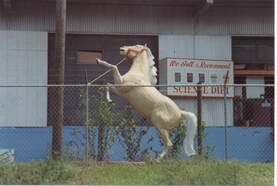
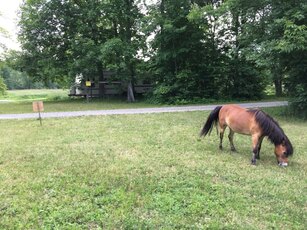
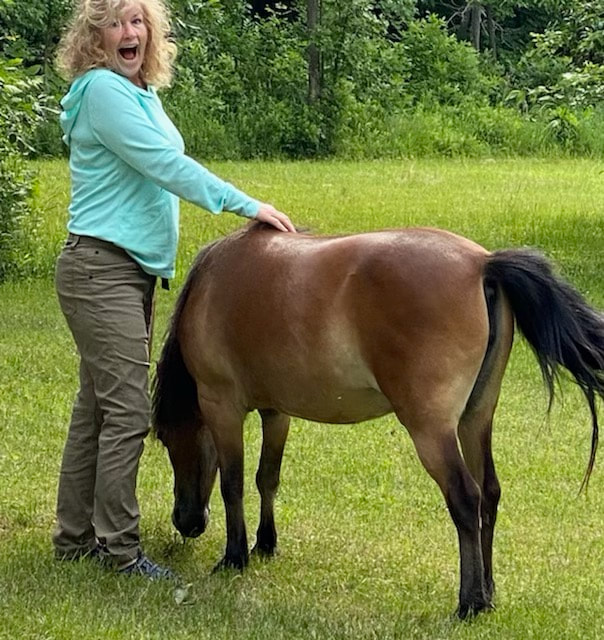
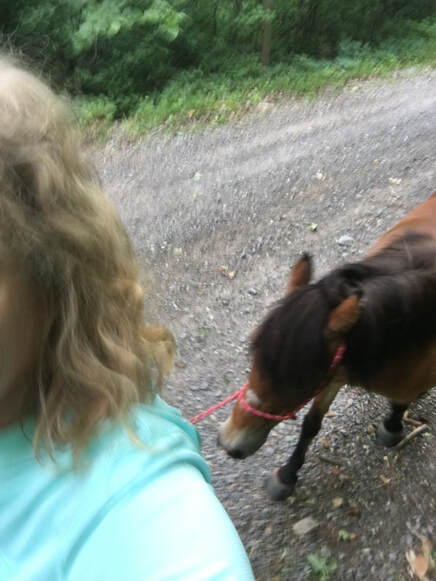
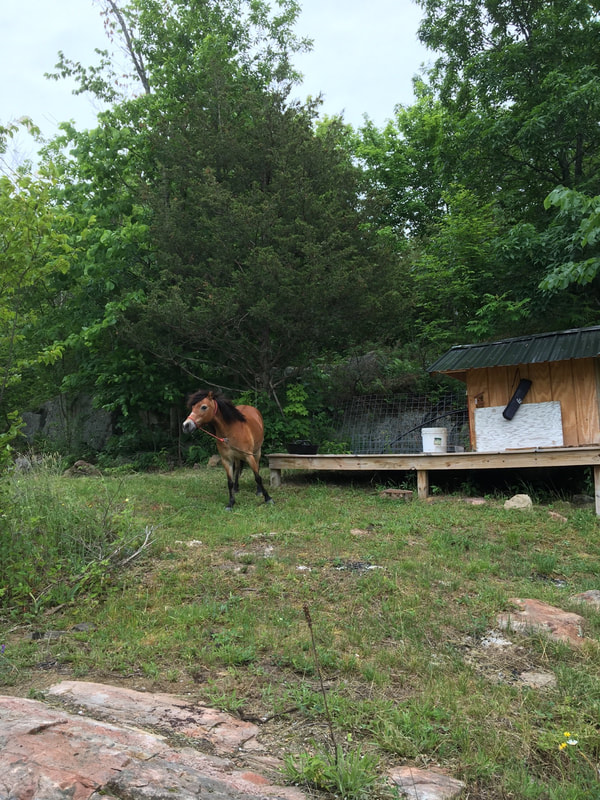
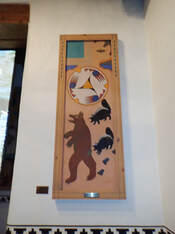
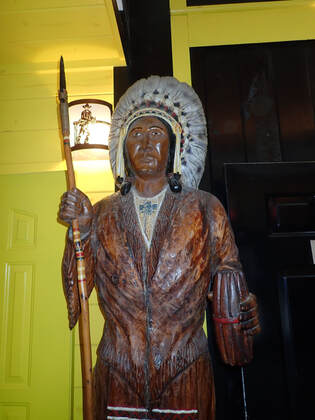
 RSS Feed
RSS Feed
